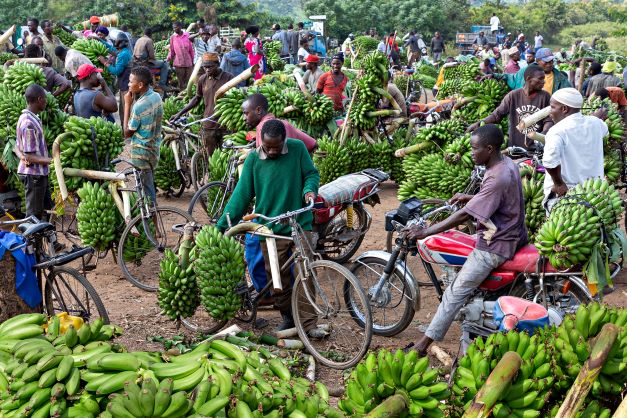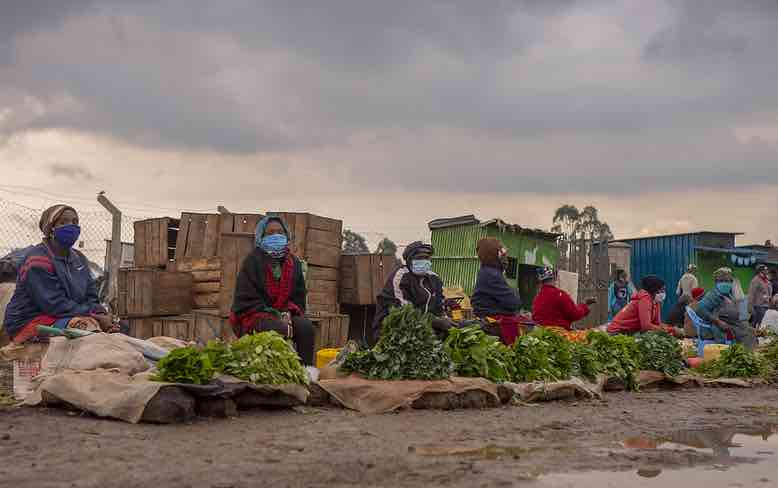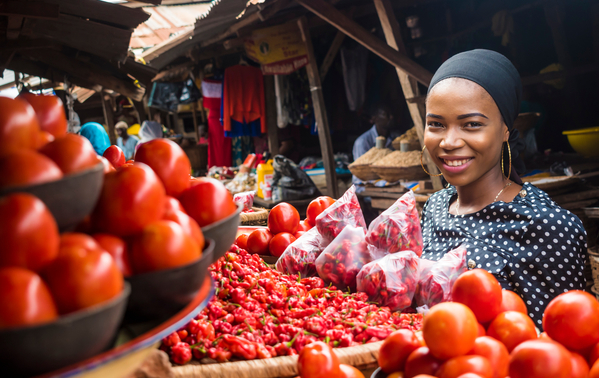Under the Malabo Declaration, African leaders have committed to boosting intra-African agricultural trade, which is expected to make the continent’s industries more competitive by: i) creating economies of scale and eliminating inefficiencies in production systems; ii) establishing and strengthening product value chains and facilitating the transfer of technology and knowledge via spillover effects; iii) incentivizing and spurring infrastructure development; and iv) attracting foreign direct investment. Multiple factors that contribute to low intra-African trade must be addressed. These include weak regional integration, low economic diversification, low quantity and quality of value-added products and services, poor infrastructure and high transportation costs, cumbersome customs procedures and clearance processes, limited information exchange, corruption at borders and customs, and border-crossing issues such as discriminatory treatment (confiscation of goods, violence, detainment) of women engaged in cross-border informal trade. Adoption of the African Continental Free Trade Area (AfCFTA) agreement by the AU in 2018 is expected to help address these problems and accelerate intra-African trade. However, predictions of the gains from operationalization of AfCFTA suggest they will be skewed in favor of a few countries that have more advanced manufacturing and services sectors and those with better-developed infrastructure (e.g., seaports, airports, and railways systems). Thus, a fundamental question is how AfCFTA can benefit all African countries, so none are left behind in the ambitious plans for economic integration.
This strategic research area aims to improve the evidence base for each country and strengthen countries’ capacity to engage in intra-African trade negotiations and agreements and make better-informed decisions that result in mutually beneficial outcomes.
Specifically, it involves:
- Facilitating improved measurement of trade flows that includes informal cross-border trade.
- Analyzing local, regional, and global conditions to identify policies and instruments that can improve institutions, promote market efficiency, reduce transaction costs for producers and consumers, and help smallholders gain better access to regional markets.
- Identifying and measuring impacts of policies that promote or increase incentives for agricultural production across and within value chains.
- Designing programs and interventions that better target and meet women’s unique needs and challenges.
Analysis of the gains and losses for individual countries from operationalization of AfCFTA and other regional free trade areas is conducted by disaggregating the impacts on: different development outcomes (GDP and growth, poverty, food and nutrition security, resilience, etc.); employment and output in different sectors (agriculture, mining, manufacturing, services) and priority subsectors for different countries; natural resources (water, forests, land, etc.); and different sociodemographic groups and communities (youth, women, pastoralists, rural/urban, etc.).
Related Projects
1. Africa Regional Integration and the AfCFTA
2. Family Farming, Regional Markets and Cross-Border Trade Corridors in the Sahel (FARM-TRAC)




